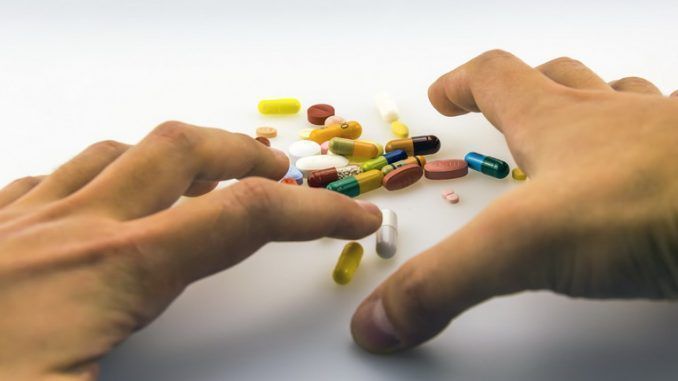
Diabetes Liraglutide kidney-saving drug
Diabetes, Liraglutide kidney-saving drug
After the significant results obtained on the reduction of cardiovascular risk, another confirmation for liraglutide, the analogue of human GLP-1, from the new data of the LEADER study presented at the 52nd European congress of diabetes EASD. The drug reduces the progression of kidney damage in adults with type 2 diabetes at high cardiovascular risk
New data from the LEADER study on progression of kidney damage presented at the 52nd Congress of the European Association for the Study of Diabetes (EASD). In adults with type 2 diabetes at high cardiovascular risk, the human GLP-1 analogue antidiabetic liraglutide statistically significantly reduced the onset or worsening of kidney damage by 22% compared with placebo .
Diabetic nephropathy, and the consequent kidney diseases that can lead to kidney failure, dialysis and need for kidney transplantation, is very frequent. “Almost 40% of people with diabetes affects,” explained Johannes Mann, experimenter of the leader and professor of medicine at the Department of Nephrology and Hypertension of the University of Erlangen-Nuremberg, Germany. The males with type 2 diabetes run a risk six times greater, compared to non -diabetic, to develop this condition, which also represents a significant risk factor for cardiovascular diseases.
“The results of the leading study have a considerable clinical relevance – He added Mann – Since they show the potential of liraglutide in reducing the risk of renal diseases in adults with diabetes type 2 at high cardiovascular risk.”
The reduction in the overall risk was mainly produced by the reduction of the appearance of persistent macroalbuminuria (i.e. high levels of a protein called albumin in the urine), which occurred with a significantly lower frequency (-26%) in patients under treatment with liraglutide Compared to placebo 1 .
The leading study, multicenter, randomized, in double blind, evaluated the long -term (3.5 – 5 years) effects of liraglutide (to the dosage up to 1.8 mg) compared to placebo, both added to standard therapy, in People with type 2 diabetes high risk of greater cardiovascular events 2 . Standard therapy provided for modifications to the lifestyle, hypoglycemic treatments and cardiovascular drugs 3 . Started in September 2010, involved 9.340 patients from 32 countries.
The primary composite endpoint was made up of the onset of the first cardiovascular event (death from cardiovascular causes or non -fatal myocardial infarction or non -fatal stroke) 3, a result reduced by 13%, on a 3.8 -year median follow up, with liraglutide compared to placebo. Liraglutide also statistically significantly decreased the risk of death from cardiovascular causes by 22% versus placebo, and produced nonsignificant reductions in nonfatal myocardial infarction and stroke .
The share of patients in whom side effects occurred was similar between the groups treated with liraglutide and placebo (62.3% and 60.8% respectively). The most common, which led to the interruption of liraglutide therapy, were gastrointestinal nature. The incidence of pancreatitis was lower, even if not significantly, in the group treated with liraglutide compared to placebo 2 .

